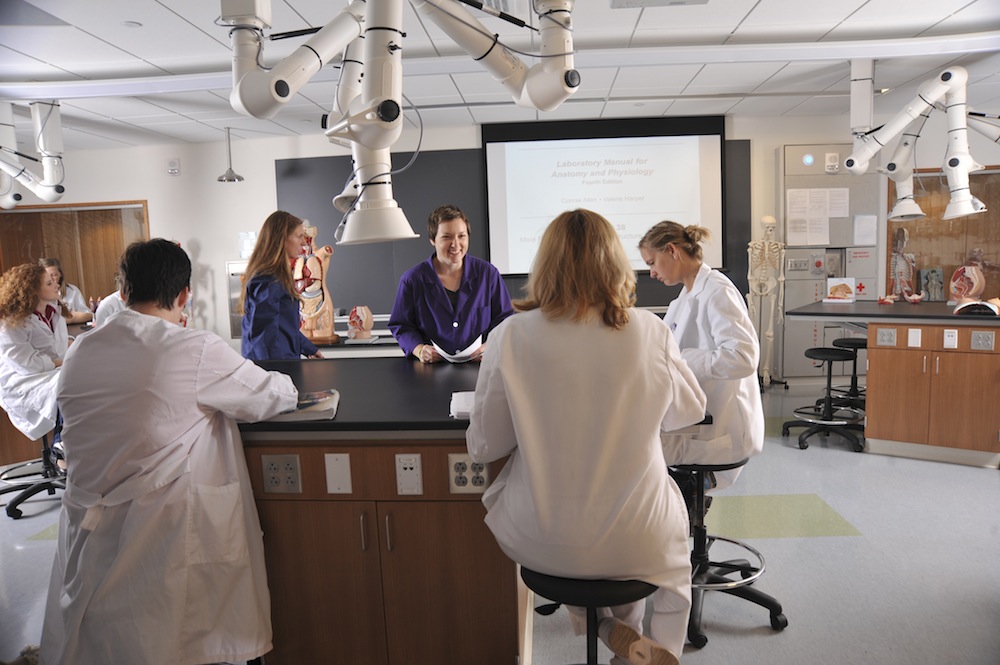The University of Scranton Ranked Among Schools ‘Contributing to Public Good’

The University of Scranton is ranked No. 72 in the nation in its category in a listing that seeks to assess colleges “based on their contribution to the public good in three broad categories: social mobility (recruiting and graduating low-income students), research (producing cutting-edge scholarship and Ph.D.s), and service (encouraging students to give something back to their country).”
The annual ranking is published in the September/October issue of Washington Monthly and online. Scranton is ranked nationally in the “Master’s Universities” category, and is one of just 46 Pennsylvania colleges listed.
The University ranked even higher in several indexes used to calculate a school’s overall score. Scranton ranked No. 24 for the number of graduates who go on to earn Ph.D.s; No. 35 for the size of its ROTC program; and No. 67 for community service hours of participation.
At The University of Scranton, more than 50 percent of students in the sciences, technology, engineering and mathematics participate in research, with 45 percent of these students writing a formal thesis and 38 percent of these students authoring or coauthoring a publication and/or conference paper. Scranton’s ROTC program consistently ranks in the top 15 percent of all Senior ROTC programs in the nation. Scranton has been nationally recognized for service through its inclusion among just 361 colleges in America achieving Community Engagement Classification from the Carnegie Foundation for the Advancement of Teaching. Scranton was also among just 766 higher education institutions in the nation named to the 2014 President’s Higher Education Community Service Honor Roll. Each year, more than 2,850 University of Scranton students collectively perform more than 175,000 service hours.
Washington Monthly’s rankings intend to measure a university’s performance in the areas of social mobility, research and service. The social mobility score is based on the percentage of students receiving Pell Grants and the predicted versus actual graduation rates, based on an analysis reflecting incoming student SAT scores and the percentage of students receiving Pell Grants. The research score evaluates each school’s research expenditure and the number of alumni earning Ph.D.s, relative to the size of the school. The service score is based on the following measures, also adjusted for the size of the school: the size of the ROTC program; the number of alumni serving in the Peace Corps; the percentage of federal work study grant money spent on community service projects; the number of students participating in service projects; the number of service hours performed; and the number of academic courses that incorporate community services, among other factors.






